
Immerse yourself in exciting games and discover new strategies that will help you achieve victory with ease and skill. Our blog will not just tell you about the most popular games, but will also reveal all the secrets of this exciting entertainment, providing tips and advice that will make your gaming experience even more exciting and interesting.
Read moreIn the online version, the rules remain the same: you choose a bet amount and bet on different outcomes - for example, on a specific number, on whether an amount less or more than a certain amount will come up, on a "continuation", and other options. The main difference between online crepes - a user-friendly interface, automatic calculation of winnings and no need to wait for one of the players to roll the dice. The game is played against the casino, and the virtual "ball" tosses the dice, imitating the atmosphere of a real casino.
View statistics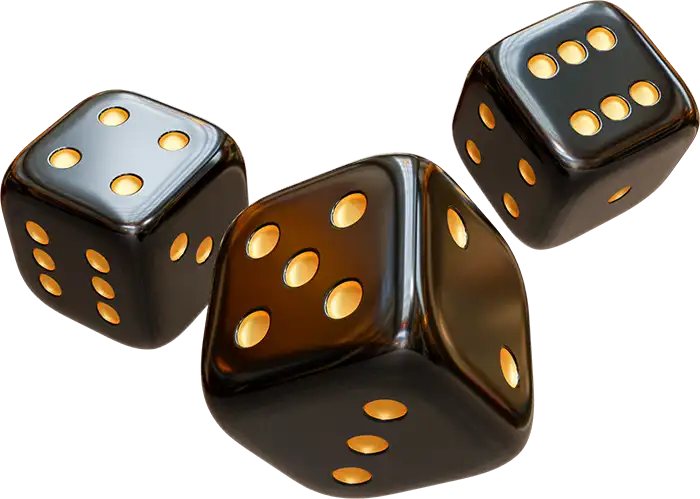
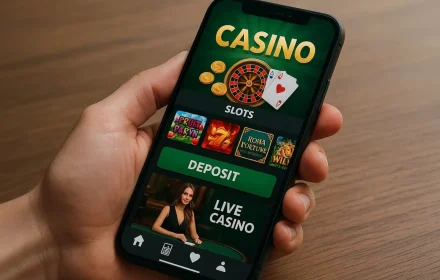
Question: “how to choose an online casino on Android” turns into a real technical audit: the Android ecosystem holds thousands of device models, and the mobile gambling market offers dozens of download formats. The absence of projects in Google Play forces the use of direct downloads, which requires attention and composure. Proper evaluation of the …

In an era where financial instruments have become like digital steering wheels, choosing the right tool for online payments requires a thoughtful approach. In this context, let’s consider the Skrill platform and its application in the gambling environment: this wallet for casinos will be the starting point. Where the word “deposit” appears, the question often …
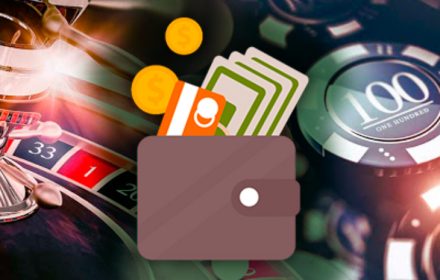
The delay in money transfers disrupts plans, reduces the enjoyment of the process, and creates distrust. How to speed up fund withdrawals at a casino is a key question for most users. A smart approach reduces waiting time from days to minutes, eliminates unnecessary checks, and turns winnings into real money without extra emotions. Why …
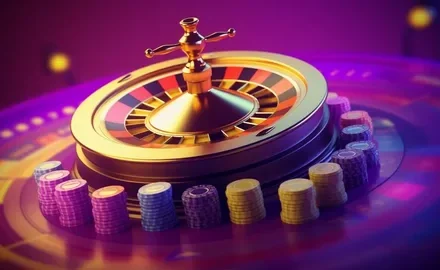
When spinning the reels alone gets boring, tournaments take the stage. It’s a whole different planet in the world of gambling – here you need to do more than just rely on luck, you need to outpace dozens of opponents, keep an eye on the leaderboard, and calculate every spin. Modern online casino tournaments are …
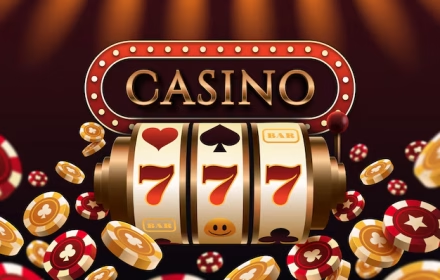
Understanding how to choose a provider in an online casino determines the quality of the user experience, platform stability, and the level of trust from the audience. The technical reliability of games, variety of mechanics, fairness of results, and compliance with industry standards depend on the provider. Development companies form the basis of gaming processes, …

In the world of gambling, formats change faster than smartphone lineups are updated, but tournaments maintain a stable popularity. The format adds a competitive impulse to standard spins and deals, offering a chance to win a big prize without the need to increase the budget. The question of “how casino tournaments work” is important for …
Creps is a two-dice dice game where the goal is to predict the outcome of a roll. Players bet on various combinations, including totals or specific numbers.
There are many types of bets, such as Pass Line and Don't Pass, as well as more complex ones such as Come and Place. Each bet has different odds and payouts.
Success in crepes depends on understanding probabilities. Pass Line and Don't Pass bets usually have the best odds.
Kreps is known for its energetic atmosphere and interactivity. Players can interact with each other and the dealer to create a unique gaming environment.
The online crêpe games on this blog are really eye-opening! The author shares valuable tips and fascinating stories. I recommend it to all lovers of gambling entertainment.

★★★★★
I really like this blog about online crepes! The author writes very interesting and understandable. Now I am a real expert in this game!

★★★★★
Playing online craps has become a real passion for me. Thanks to the blog I learnt many interesting strategies and secrets that helped me to improve my results significantly.

★★★★★